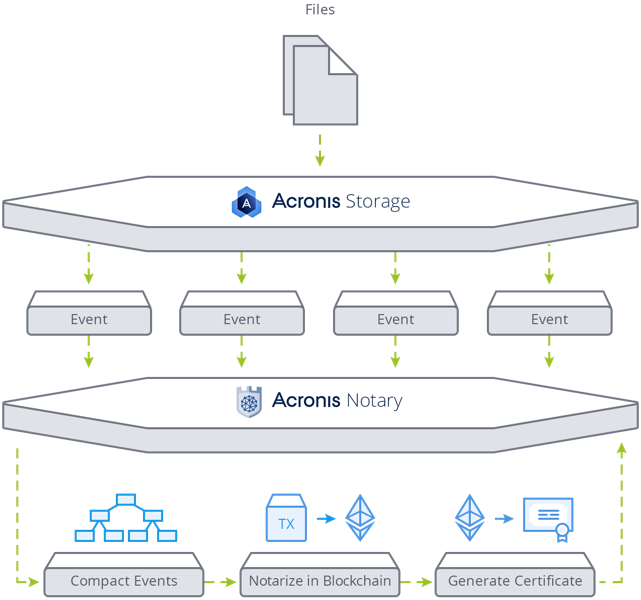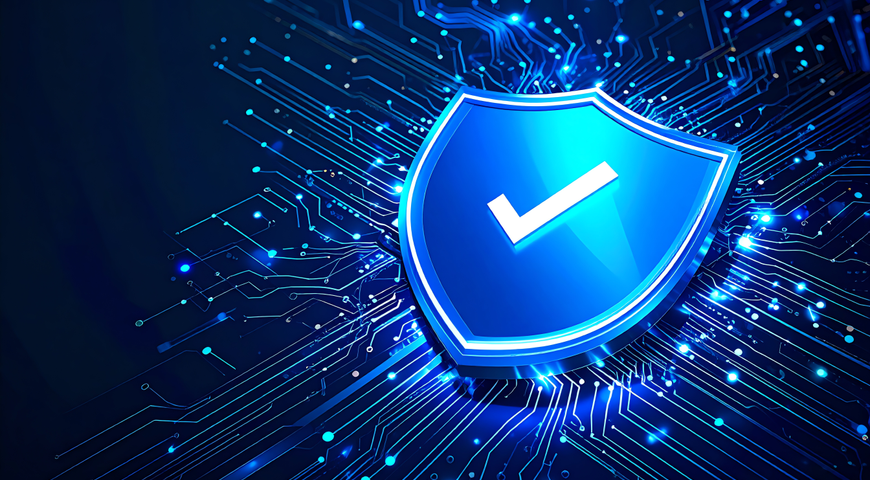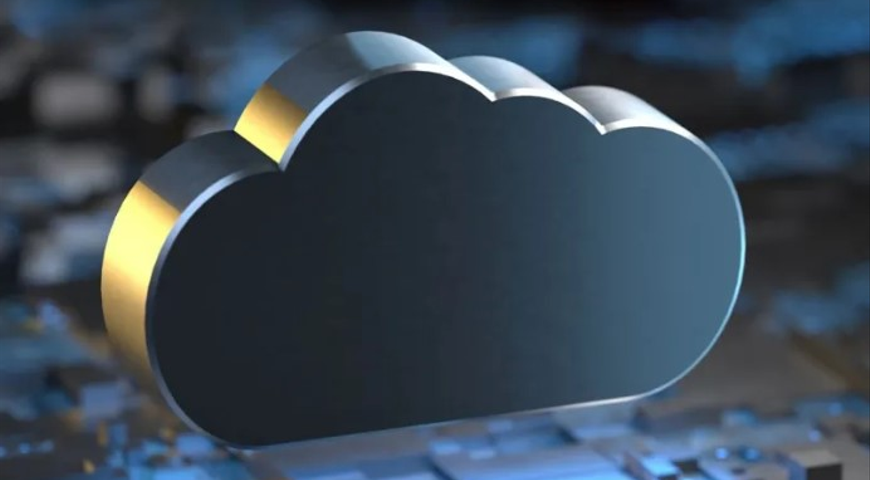Every piece of data is required to be stored somewhere. We all know about hard drives, optical discs, tapes and other means of storage. But cloud storage and software-defined storage are the two modern methods of storing data, especially when we talk about large volumes. Acronis entered Software-Defined Storage (SDS) market in 2016, pioneering it with Blockchain based data verification.
Acronis Storage is an SDS solution that allows service providers and end-users to quickly and easily transform heterogeneous hardware into protected, enterprise-grade, scalable storage to improve your total cost of ownership.
Acronis Storage optimized for commodity hardware usage.

With features such as SSD caching, automatic load balancing, and parallel replication, Acronis Storage unites file, block and object-based storage in a single software-defined, scalable solution to cover the needs of a modern business. Acronis Storage is designed to provide a single- store identity across two or more data centers. Object data is actively replicated to all data centers with asynchronous replication. Single namespace allows access to data across all data centers. This protects against the failure of a single data center, while providing the highest levels of data protection and availability. Acronis Storage provides transparent encryption of all data stored using Advanced Encryption Standard (AES) with 256-bit key.
One important part of Acronis Storage is CloudRAID, which manages overhead and compute time, and solves data integrity as well as data rebuild and recovery problems. Another unique feature is Acronis Notary – blockchain-based technology that provides data immutability and authenticity verification.
Acronis is a company pioneering blockchain for data protection. In fact, the release of Acronis Storage in 2016 was the first time a Software-Defined Storage (SDS) integrated blockchain into data protection. Acronis Notary with blockchain generates a time-stamped fingerprint of protected data and stores it in Ethereum, a public blockchain-based distributed ledger. The blockchain is distributed between hundreds of unrelated parties and encrypted. Every record in the blockchain is immutable and independently verifiable. By comparing two fingerprints (256-bit SHA-2 hashes) of the same data, Acronis Storage can verify the authenticity and integrity of stored data.
Acronis Notary uses Ethereum ledger to store certificate hashes.

Intel helps to overcome storage challenges
Apart from its own innovative technologies, Acronis uses the Intel® Intelligent Storage Acceleration Library (Intel® ISA-L) in Acronis Storage product. ISA-L is an algorithmic library containing the core storage, cryptography, and compression algorithms that are optimized for applications where throughput and latency are the most critical factors.
Acronis leverages many of the algorithms from ISA-L in the Archive 3 storage format, including using the CRC64 checksum calculations, SHA-1 multi-buffer and Rolling Hash for deduplication. Cyclic Redundancy Check (CRC) functions are used to detect accidental changes to raw data during transmission. CRC64 extends the familiar CRC capabilities to provide data integrity on objects up to 18 exabytes in size, which ISA-L delivers with no performance penalty relative to CRC32.
The usage of ISA-L gave more convenience in development to Acronis engineers as well as a performance boost on Intel CPUs, especially ones which support AVX-512 instructions set. Acronis was able to take high-performance algorithms and deploy them immediately, instead of laboriously creating and tuning implementations in-house. Beyond the performance improvements offered by ISA-L, Acronis was able to focus development on the features and data services, rather than chasing performance optimizations.
Combination of best in-house and open-source technologies
For storage formats and products, it is vital to:
- be efficient and fast;
- guarantee data integrity;
- provide security via encryption, compression, deduplication, and the other advanced functionalities mentioned above.
Acronis Storage and Acronis Archive 3 deliver all of these thanks to internal, innovative –technologies, and the use of industry-leading service libraries like Intel® Intelligent Storage Acceleration Library. For Acronis customers, this means lower costs with heterogeneous hardware, improved IT productivity, reduction of disk overhead, and guaranteed data protection and availability. Acronis products also deliver unique data protection where file integrity is authenticated using the blockchain Ethereum ledger. That means you can be sure that data is immutable, or exactly the same as it was when placed into Acronis Storage.
READ MORE:
About Acronis
A Swiss company founded in Singapore in 2003, Acronis has 15 offices worldwide and employees in 50+ countries. Acronis Cyber Protect Cloud is available in 26 languages in 150 countries and is used by over 21,000 service providers to protect over 750,000 businesses.




